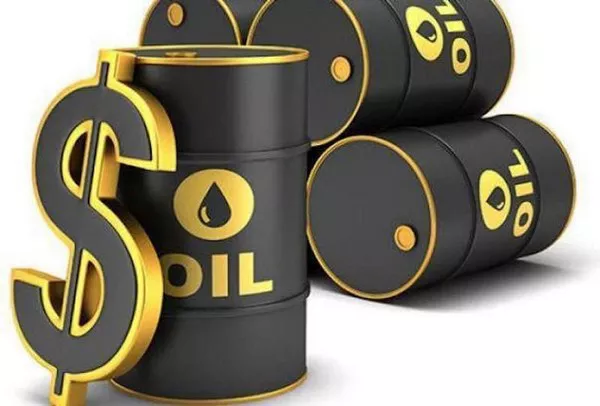Oil futures are financial contracts that allow traders to speculate on the future price movements of crude oil. These contracts are traded on futures exchanges, providing an opportunity for investors to gain exposure to the oil market without owning the physical commodity.
1. Understanding Oil Futures
Oil futures are standardized contracts that represent an agreement to buy or sell a specific quantity of crude oil at a predetermined price on a future date. These contracts are traded on various futures exchanges worldwide, with the most popular being the New York Mercantile Exchange (NYMEX) and the Intercontinental Exchange (ICE). The contracts come with specific delivery months, allowing traders to choose from a range of maturities.
2. The Role of Oil Futures in the Market
Oil futures play a crucial role in the global energy market. They serve as a benchmark for crude oil prices and facilitate price discovery. Traders, speculators, and hedgers participate in the oil futures market. Speculators aim to profit from price movements, while hedgers, such as oil producers and consumers, use these contracts to manage price risk. The oil futures market also influences various related markets, including gasoline and heating oil futures.
3. Factors Affecting Oil Futures Prices
Several factors influence oil futures prices. These include supply and demand dynamics, geopolitical tensions, economic indicators, weather conditions, and changes in global oil policies. For instance, geopolitical events in major oil-producing regions can lead to supply disruptions, impacting oil prices significantly.
4. Trading Oil Futures: The Process
To trade oil futures, one must have a brokerage account with access to the futures markets. Traders can enter both long (buy) and short (sell) positions, depending on their market outlook. The initial margin is required to open a position, which acts as collateral for the trade. As the contract’s price fluctuates, traders may receive or be required to deposit additional funds to maintain their positions.
5. Understanding Leverage and Margin
One of the unique features of futures trading is leverage, allowing traders to control a substantial contract value with a relatively small initial investment (margin). While leverage can amplify profits, it also magnifies losses. Traders must use caution and manage risk appropriately when employing leverage in oil futures trading.
6. Different Types of Oil Futures Contracts
Oil futures come in different varieties, representing various grades of crude oil. The two primary benchmarks for oil futures are West Texas Intermediate (WTI) and Brent crude oil. WTI is the benchmark for oil prices in the United States, while Brent crude serves as a global benchmark. Each contract specification may differ slightly, and traders should be aware of these distinctions.
7. Trading Strategies for Oil Futures
There are several trading strategies that traders can use to trade oil futures. These include trend following, mean reversion, and breakout trading. Trend-following strategies involve identifying and trading in the direction of established trends. Mean reversion strategies, on the other hand, aim to profit from price reversals after extended upward or downward movements. Breakout strategies focus on identifying significant price levels where prices may break out of established ranges.
8. Technical Analysis for Oil Futures Trading
Technical analysis plays a vital role in oil futures trading. Traders use various technical indicators, chart patterns, and trendlines to analyze historical price data and identify potential future price movements. Popular technical indicators for oil futures trading include moving averages, relative strength index (RSI), and moving average convergence divergence (MACD).
9. Fundamental Analysis for Oil Futures Trading
Fundamental analysis is also essential for oil futures trading. Traders must stay informed about supply and demand factors, global economic trends, geopolitical developments, and OPEC (Organization of the Petroleum Exporting Countries) decisions. Understanding these factors can help traders make more informed trading decisions.
10. Managing Risk in Oil Futures Trading
Risk management is a critical aspect of successful oil futures trading. Traders should use stop-loss orders to limit potential losses, diversify their trading portfolio, and avoid over-leveraging. Additionally, maintaining a clear and well-defined trading plan can help traders stay disciplined and focused on their trading goals.
Conclusion
Oil futures trading offers an exciting and potentially lucrative opportunity for investors looking to profit from price fluctuations in the oil market. With a thorough understanding of oil futures contracts, market dynamics, trading strategies, and risk management techniques, traders can navigate this complex market with confidence. However, it is essential to remember that oil futures trading involves inherent risks and should be approached with caution. Traders should conduct extensive research, stay informed about market developments, and practice proper risk management to enhance their chances of success in this dynamic and ever-evolving market.


